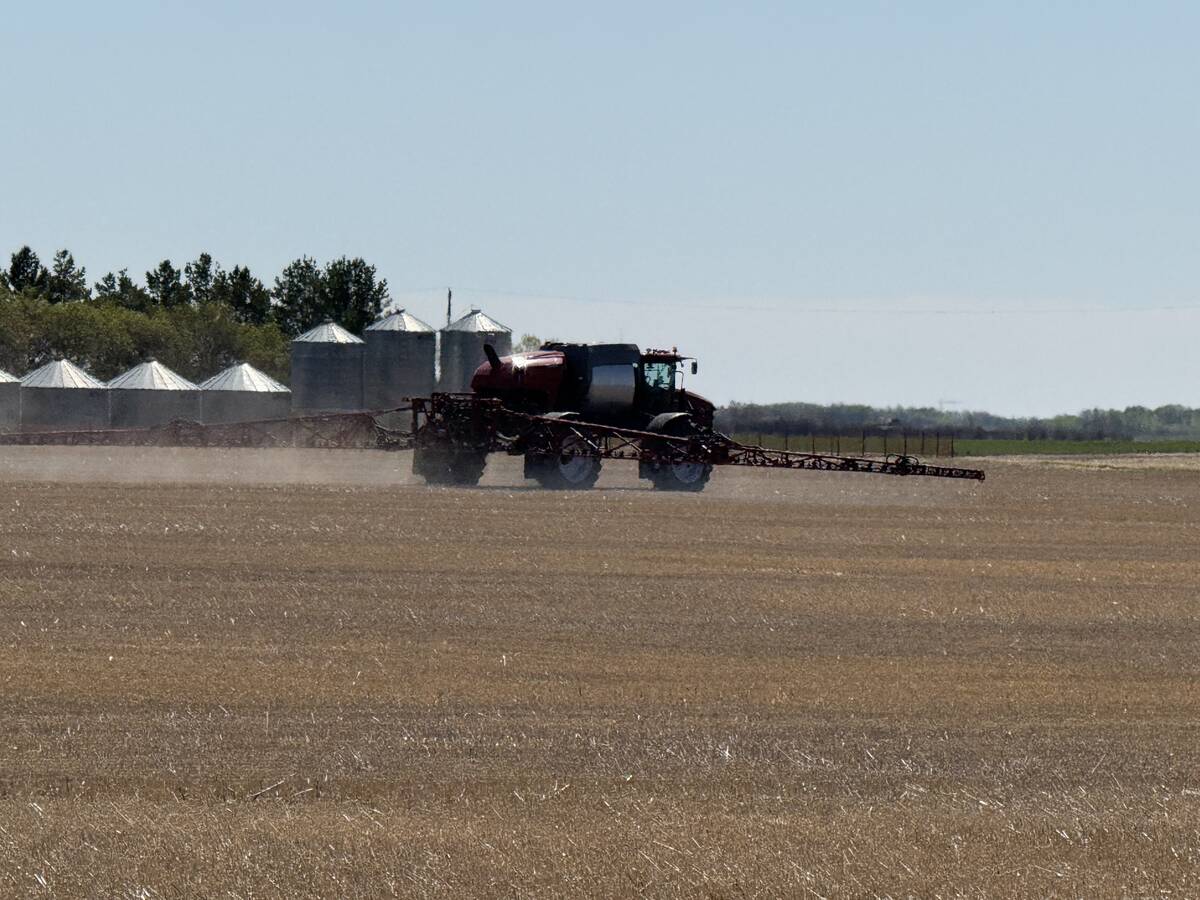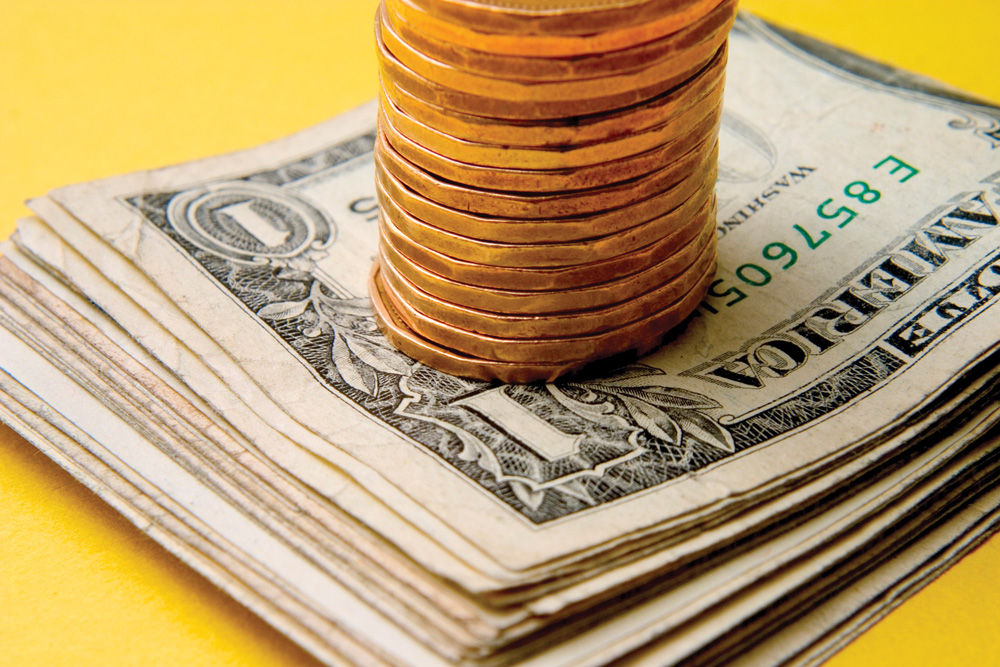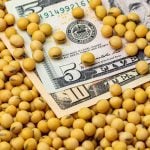The fundamentals continue to support a strong Canadian dollar, according to a market analyst.
“Our forecast is for the Canadian dollar to hit US$1.05 in Q2, and we’re probably getting there a little faster than anticipated,” said David Watt, senior currency strategist with RBC Capital Markets. The Canadian dollar was sitting above US$1.04 on April 6, a level not seen since 2007, and near the historical highs of the past 40 years.
Watt said recent strength in the currency was tied to the fact that the global economy does not seem to have been hurt by high oil prices and the situation in Japan as much as some had feared. He said risk appetite was returning to the markets, allowing the Canadian dollar to outperform its U.S. counterpart.
Read Also

The looming threat of HPPD herbicide resistance
Group 27 herbicides are still working in Manitoba, so far, but weeds are beating them in other parts of North America, plus we have other resistance worries.
While he said the weak U.S. dollar will eventually rebound, that is not expected any time soon, with the divergences between the U.S. monetary policy and the rest of the world expected to continue into 2012.
Watt said that unless there was either a “distinct change” in the Canadian economic backdrop for the worse, or in the U.S. for the better, “we could spend some time above that US$1.05 level between now and the end of Q2.”
He added that RBC is forecasting that the Bank of Canada will raise interest rates by 100 basis points in the second half of this year, while the U.S. Federal Reserve won’t raise rates until the second quarter of 2012.
“It doesn’t necessarily mean that the Canadian dollar will continue to hit home runs, but it does suggest that we’re likely to see more strength than we’ll see any persistent weakness against the U.S. dollar,” he said.
Canada’s current election campaign, the fourth in seven years, is unlikely to alter the fundamentals for the currency regardless of the outcome, said Watt. He said other factors, including interest rates, commodity prices, and the global economic backdrop will move the currency first, with the election “just adding noise.”















